
Read or listen offline
Amazon KindleRecommendation
In this roadmap to economic development in the Middle East, economist Shahid Yusuf delves into the complex political and economic forces roiling Egypt, Tunisia, Jordan, Libya, Yemen and Morocco – the “Arab Countries in Transition” (ACT). The traits that characterize these nations include glaring inequalities, oppression and high unemployment. Some citizens seek remedies through dissent and revolution, as tyrants get rich leasing out their countries’ natural resources and using the money to prop up their political regimes by selectively sharing the wealth. Yusuf lays out short- and long-term alternative policies that could boost growth in the region. In the effort to explain his nuanced arguments, Yusuf sometimes ties his sentences in knots. That may be distracting, but it does not obscure the relevance of the ideas he honed during years of studying developing economies. getAbstract considers his singular perspective deeply informative for investors, entrepreneurs, NGOs, policy makers and international executives.
Summary
About the Author
IMF consultant Shahid Yusuf is an economist at George Washington University.










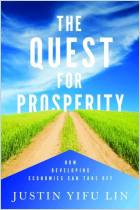
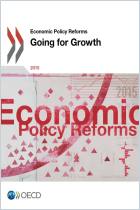
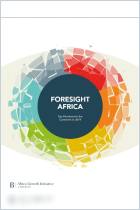
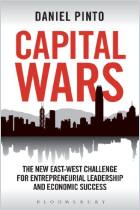

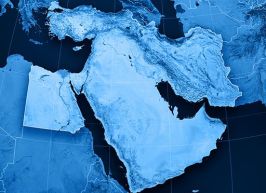



Comment on this summary